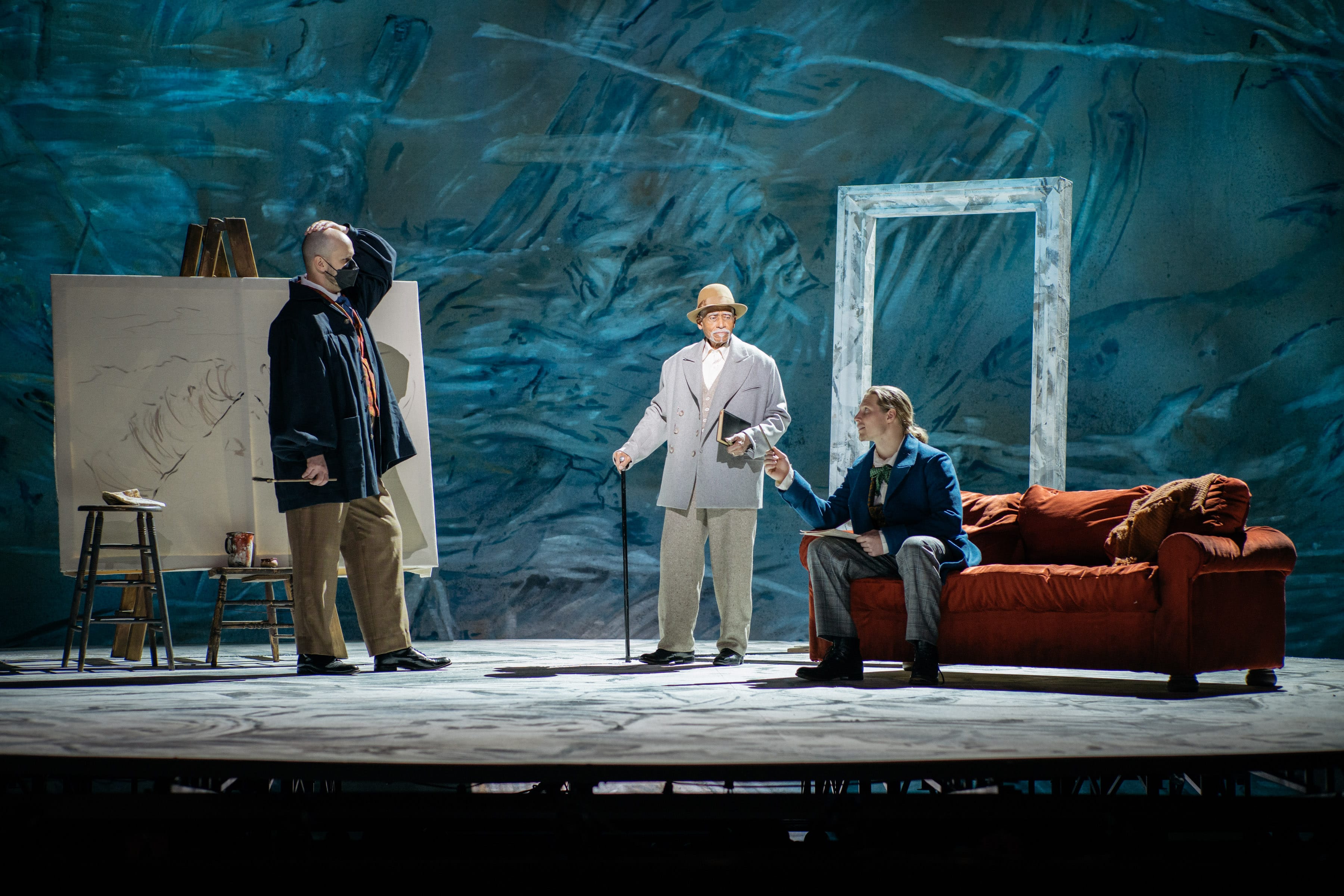Ever watched Boheme backwards?
OperaGo to Detroit Opera.
It’s in their season. ‘I liked the fact that I had to cry at the beginning and not at the end,’ said one audience member.
How do we go from tragedy to hope? From death to life? From loneliness to love? In this visionary treatment of Puccini’s opus La bohème, Detroit Opera does just that — by presenting the opera in reverse order. From finish to start, from death to the promise of new love, from loneliness and despair to the joy of friendships, wine, and song, this reversal presents the characters and arias we love in a refreshing, new vision of the story. Our favorite starving young artists and lovers survive to hope another day.
Presented in the Detroit Opera House in a co-production with Boston Lyric Opera and Spoleto Festival USA, this bold, unconventional take on Puccini’s opus is itself a bohemian work of art: experimental, nonconforming, original. This production is the first to stage La bohème in reverse, marking an impressive creative milestone for Detroit Opera as part of our vision for The Next 50.






Comments